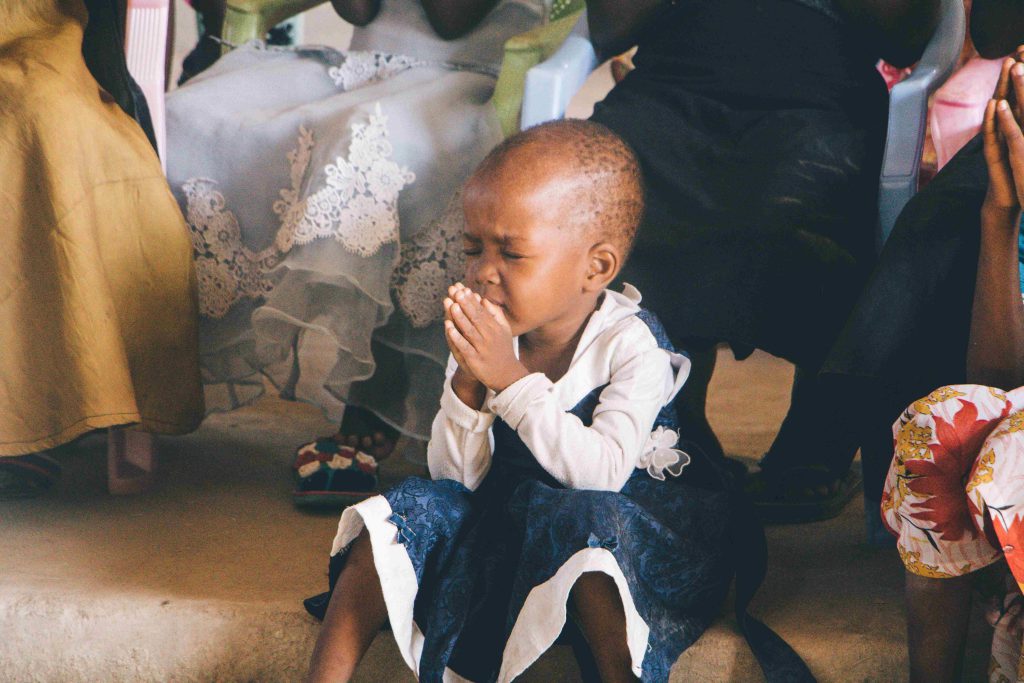
This is my prayer to thee, my Lord strike, strike at the roots of penury in my heart. Give me the strength lightly to bear my joys and sorrows. Give me the strength to make my love fruitful in service. Give me the strength never to disown the poor or bend my knees before insolent might. Give me the strength to raise my mind high above daily trifles. And give me the strength to surrender my strength to thy will with love.
Rabindranath Tagore was an educator, composer, singer, actor, and a profound thinker. Upanishads have an indispensable role in forming Tagore’s philosophy. Gitanjali is the most notable work of Tagore.
The first line indicates that this poem is a prayer to God by Tagore. He pleads with God to take away the roots of poverty from his heart. This line indicates the poet wishes to have an abundance of love. He uses the word strike to filter what’s impure from his heart. He acknowledges maintaining simplicity in his life to give away more to others.
Here poet invokes to get a balanced mind to welcome joy and sorrow equally. Poet evokes the philosophy in which an individual is not led by emotions. He reminds us that neither sorrow nor joy will last forever. Tagore requests God to help him to transform his thoughts into action. His thoughts are full of love, and he feels that his actions, also should be supported by love. He feels that it’s his dharma to act fruitfully. He insists on love to conquer him fully so that his actions themselves reflect love.
Tagore prays to God to strengthen his mind to respect the poor and rich equally. Tagore never wishes to shut his eyes toward the poor. He also appeals for the strength to stand firmly before the rich to raise his voice. In the next part, Tagore introduces his spiritual wisdom. He pleads to God to raise his mind to the almighty. He uses the term daily trifles to denote the material gains of the world. He wishes to lead a spiritual life where nothing is as important as his search for God.
By the end of the poem, he feels to immerse himself with God. He feels that his strength has to surrender before God’s grace. We can find, the Advaitha philosophy where God and Individual become one and the same, in this poem.



